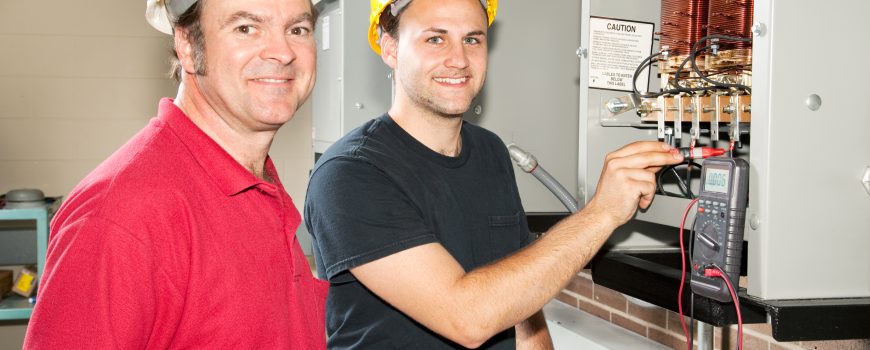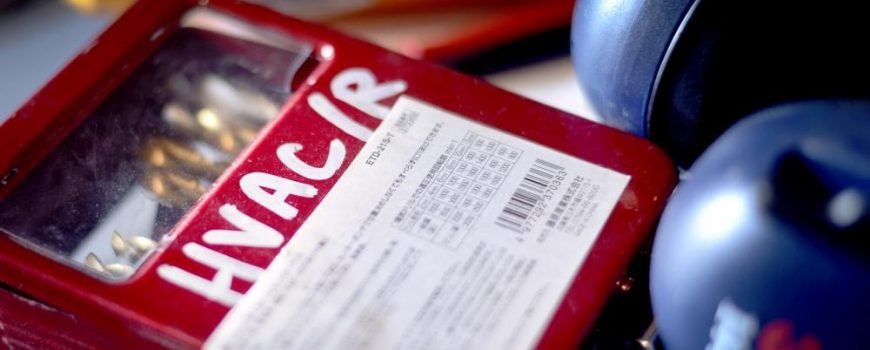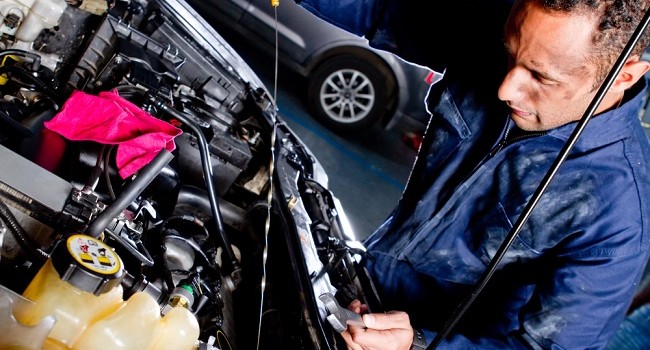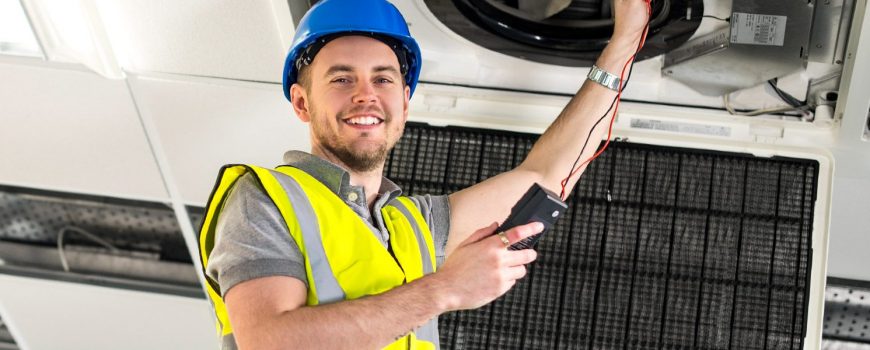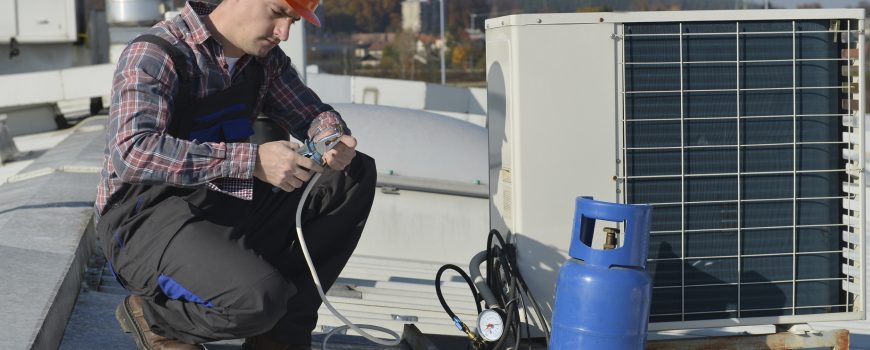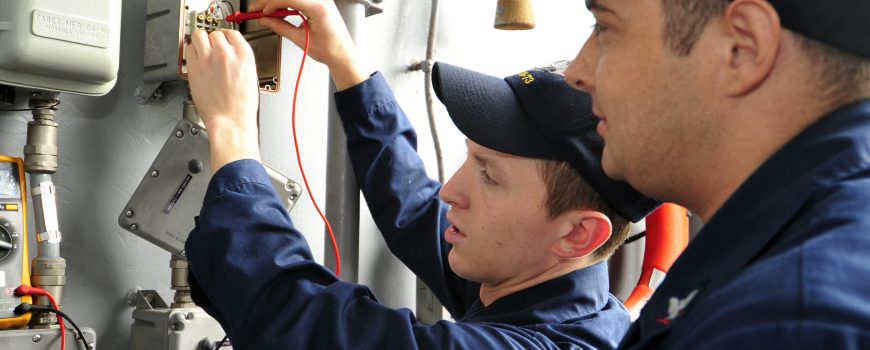What’s in Store for HVAC Jobs?
Heating, air conditioning, and refrigeration mechanics and installers are often called HVAC technicians, which work on systems that control the temperature and air quality in buildings. Installers must use blue prints or design specifications to install or repair HVAC systems, connect systems to fuel and water supply lines, air ducts, and other components. They install electrical wiring and controls and test for proper operation, inspect and maintain customers’ HVAC systems. Part of HVAC jobs is to test individual components to determine necessary repairs, repair or replace worn or defective parts. They must also determine which HVAC systems’ to use and make recommendations to improve efficiency, and travel to worksites.
According to The Bureau of Labor Statistics, HVAC jobs are projected to grow 21% from 2012 to 2022, faster than the average for all occupations. Candidates familiar with computers and electronics and those with good troubleshooting skills will have the best job opportunities as employers continue to have difficulty finding qualified technicians to work on new complex systems. The growing emphasis on energy efficiency and pollution reduction will also require more HVAC technicians as climate-control systems are retrofitted, upgraded, or replaced entirely. In addition, regulations prohibiting the discharge and production of older types of refrigerant pollutants will result in the need to modify or replace many existing air conditioning systems.
HVAC jobs have so much potential, opportunities are expected to be excellent, particularly for those who have completed training at an accredited technical school through an apprenticeship. Maintenance and repair work usually remains relatively stable and business and homeowners depend on their climate control or refrigeration systems year round and must keep them in good working order, regardless of economic conditions. When working on air conditioning and refrigeration systems, technicians must follow government regulations regarding the conversion, recovery, and recycling of refrigerants. This includes the proper handling and disposal of fluids and pressurized gases. Some HVAC technicians sell service contracts to their clients, providing regular maintenance of heating and cooling systems. The service usually includes the cleaning of ducts, replacing filters, and checking refrigerant levels. ATI’s HVAC/R Training Program is a comprehensive program, preparing graduates for a variety of entry-level positions with potential to grow.
Follow Advanced Training Institute on Twitter!





